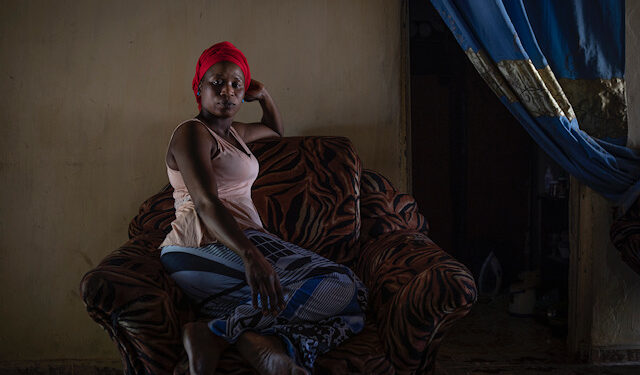BY: Mary Mamdegen Fye
Several sexual violence survivors who testified about their ordeals before the Truth, Reconciliation and Reparations Commission (TRRC) of The Gambia faced bullying and abuse both on social media and in their everyday lives.
Bintou Nybally, who testified before the TRRC on October 14, 2019, recounted how she was arrested and raped by two security officers. “After my testimony, I had some problems. People would insult and attack me in the streets. Some would call me on my phone to insult me,” Bintou said, adding that the backlash extended to social media platforms.
This has raised important questions on the efforts the TRRC has made to prepare the victims before allowing them to testify in public. There have been questions about the support the commission has offered them in the face of the certain backlash given the fact that Gambian culture, like most African society, is more likely to disbelieve and shame victims of sexual assault than support them.
Essa Jallow, the communication director of the TRRC, insisted that victims received adequate assistance. “The TRRC mainly provides witness protection. Our investigation unit collaborates with the security apparatus to provide support.”
The Truth, Reconciliation and Reparations Commission was launched in October 2018 to investigate the human rights violations the people of The Gambia suffered during 22 years of President Yahya A.J.J. Jammeh’s dictatorship. Jammeh came to power after a military coup in 1994 and was removed after losing elections in 2016.
The TRRC process involved public hearings in which victims were invited to recount their suffering. The sessions were also carried on national radio and television to give the public an opportunity to follow the proceedings. On October 14, 2019, the TRRC commenced public hearings in cases of sexual and gender-based violence.
It is apparent that victims, especially those of sexual and gender-based violence who have the courage to speak publicly about their ordeals, need a lot of support in the face of the conservative nature of the Gambian society and the culture of silence and victim-blaming. Bintou reported the threatening calls to the TRRC and assumed that the commission must have taken action because the calls stopped.
She said she received psychosocial support from the TRRC and The Gambia Centre for Victims of Human Rights Violations (The Victims Centre) before she testified and that the TRRC assistance continued even afterwards. Bintou stated that she has been receiving medical and livelihood support from The Victims Centre.
Victims of sexual violence who choose to publicly tell their stories should be made aware that they could face stigma and abuse, and should be given adequate support after their testimony.
The TRRC seemed to acknowledge the fact that the truth-telling process needs to be made inviting and accessible to all victims. In a press release of October 22, 2019, the commission threatened to stop public hearings of sexual violence if the harassment continued.
Activists said this would be unfortunate as it would perpetuate discrimination against such victims as testimony of other atrocities of the Jammeh regime were still being publicly heard. Experts said hiding the abuse would enhance the culture of silence around sexual and gender-based violence in The Gambia.
Despite her suffering, Bintou was emphatic that she did not regret testifying before the TRRC.







